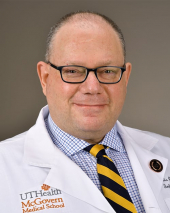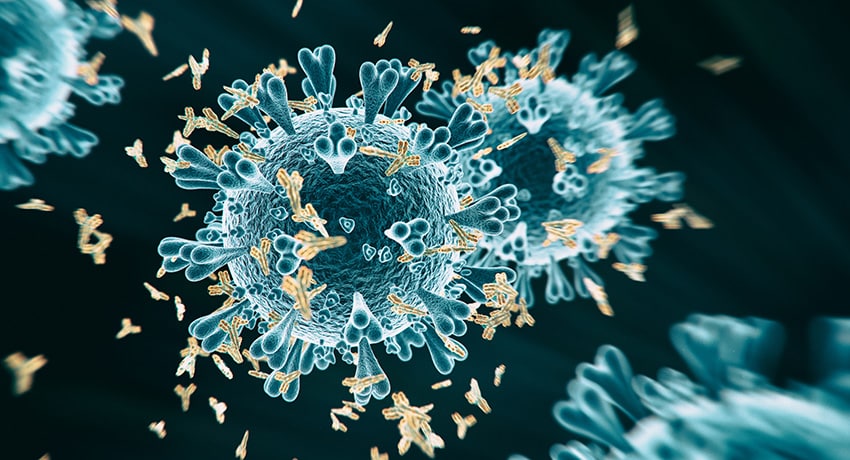After nearly a year of the COVID-19 pandemic, experts have reported mutations of the virus originating in both the U.K. and South Africa. Luis Ostrosky, MD, infectious disease expert with UT Physicians, breaks down what the public should know about these and similar variants.
Viruses mutate
Ostrosky, professor of infectious diseases and vice chair of Healthcare Quality at McGovern Medical School at UTHealth, says these mutations were expected.

“It’s normal for viruses to mutate,” he said. “It happens as it passes from different hosts, especially if one host has had the active virus for a long period of time.”
The U.K. and South African variants are reported to be no more lethal than what we’ve seen with the original strain, but they are more infectious. Simply put, these evolved mutations are more efficient at latching on to cells and making people ill.
Fortunately, the current COVID-19 vaccines under Emergency Authorization Use by the Food and Drug Administration (FDA) are effective on these variants.
“The pharmaceutical companies are actively and consistently researching the development of the coronavirus,” said Ostrosky. “Early data shows that the vaccines released under the FDA Emergency Use Authorization will fully protect patients.”
No cause for concern…yet
The thought that the virus that has wreaked havoc on the world is now evolving is concerning, but it’s not time to panic. Ostrosky considers it a warning shot and a call to action.
“If we don’t focus our efforts on getting rid of COVID-19, these mutations will continue to happen and we could end up with a strain that is vaccine-resistant,” he said.
The longer a virus circulates among hosts, the more likely it could develop a strain that is too different from its origin – leaving a vaccine inadequate to protect the population.
Ostrosky urges the Houston community to receive the COVID-19 vaccine as soon as they are able to and continue with all safety measures recommended by experts – wearing a mask, practicing proper hand hygiene, and social distancing.
For additional facts and resources about COVID-19, visit our information center.



